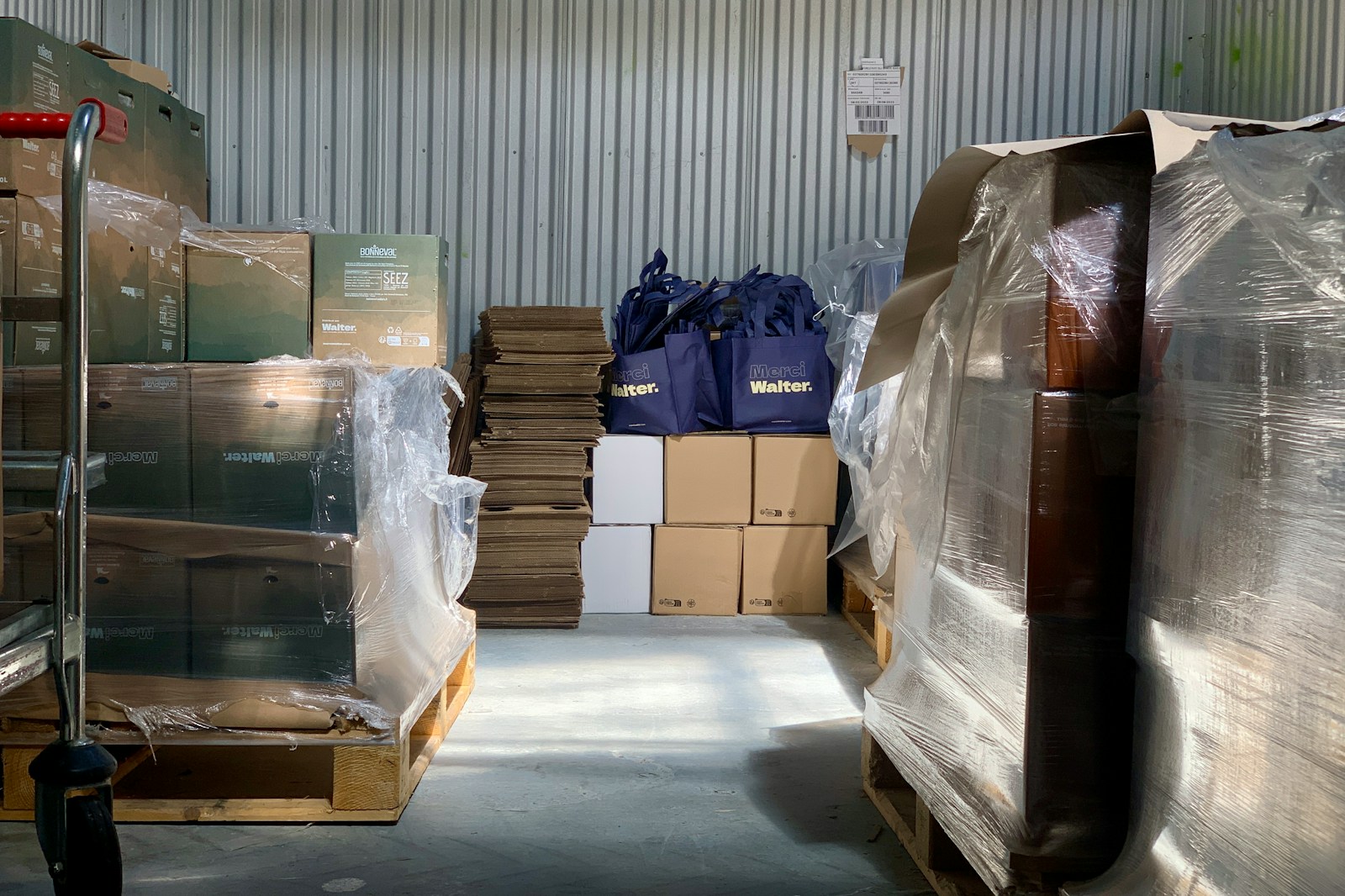Achieving Sustainability in the Supply Chain with Business Platforms


Ezekiel Muoneke
Content Writer
- Blog
- September 7, 2023
- 11:16 pm
In today’s world, being eco-friendly and socially responsible isn’t just trendy—it is a necessity for businesses that want to survive and thrive in the 21st century. Stakeholders such as customers, investors, regulators, and society at large are increasingly demanding transparency and accountability from companies regarding their environmental, social, and governance (ESG) practices. Among the areas where businesses can have the most significant impact on sustainability is their supply chain.
The supply chain, often a complex web of activities and processes, transforms raw materials into finished products and delivers them to the end consumer. It encompasses a wide array of actors, including suppliers, manufacturers, distributors, retailers, and logistics providers, all interconnected in a vast network. The supply chain, in its reach and influence, extends to the well-being of workers, communities, and consumers alike.
Here’s a surprising fact: according to a report by McKinsey, supply chains account for more than 80% of greenhouse gas emissions and more than 90% of the impact on air, land, water, biodiversity, and geological resources. They also face significant risks from climate change, such as extreme weather events, resource scarcity, and regulatory changes. Moreover, supply chains are often exposed to social issues such as human rights violations, labor abuses, corruption, and health and safety hazards.
Therefore, businesses need to adopt a holistic and strategic approach to sustainability in their supply chains. They need to measure and monitor their environmental and social footprints, reduce their negative impacts, and enhance their positive contributions. They also need to collaborate with their supply chain partners and stakeholders to create shared value and drive innovation.
But what can businesses do to make their supply chains eco-friendlier and fairer? And how can they use technology to help? This is where business platforms come in.
Demystifying Business Technology
Business technology, or in this context, business platforms, encompasses digital tools that enable companies to connect, communicate, coordinate, and collaborate with their supply chain partners and stakeholders. These technologies provide data-driven insights, analytics, and automation capabilities, offering businesses the means to optimize both supply chain performance and sustainability.
Business technology can be broadly categorized into four types:
- Transaction Platforms: These platforms facilitate the exchange of goods, services, information, or money between various actors within the supply chain. Examples include e-commerce platforms, online marketplaces, payment systems, and blockchain networks.
- Innovation Platforms: These platforms empower the creation of novel products, services, processes, or business models by leveraging the collective intelligence and creativity of supply chain participants. Crowdsourcing platforms, open innovation platforms, co-creation platforms, and digital twins are among the examples.
- Integration Platforms: These technologies connect disparate systems, applications, devices, and data sources across the supply chain, enabling data sharing, interoperability, standardization, and synchronization among actors. Cloud computing platforms, application programming interfaces (APIs), Internet of Things (IoT) platforms, and artificial intelligence (AI) platforms fall into this category.
- Engagement Platforms: These platforms foster interaction, communication, feedback, learning, and trust among supply chain actors. They encompass social media platforms, online communities, forums, and gamification platforms.
Using Business Technology for Greener Supply Chains
Business platforms offer several mechanisms for businesses to achieve sustainability within their supply chains. They do this through:
- Showing What’s Going On: It lets everyone see real-time information about how products and processes affect the environment and society. This helps everyone understand better.
- Doing Things Better: It does this by facilitating coordination and streamlining processes. Through this, business platforms reduce waste, emissions, costs, and risks, leading to enhanced efficiency and productivity throughout the supply chain.


- Working Together and Innovating: These platforms enable knowledge sharing, problem-solving, and value creation among supply chain stakeholders, thus promoting collaboration and innovation.
- Empowering Everyone: These technologies engage supply chain stakeholders in decision-making processes, gather feedback, and facilitate continuous learning, empowering all participants.
ENJOYING THE ARTICLE?
Sign up For Our Newsletter
Examples of Business Technology for Greener Supply Chains
Here are some real-world examples of business tech that businesses can use to make their supply chains eco-friendlier and fairer:
- Microsoft Cloud for Sustainability: This cloud-based platform aids businesses in measuring, reporting, and mitigating carbon emissions across their operations and supply chains. It provides tools for data collection, analysis, visualization, carbon accounting, reporting, reduction, stakeholder engagement, communication, and sustainability performance management.
- IBM Sterling Supply Chain Suite: Powered by artificial intelligence (AI), this platform helps businesses optimize their supply chain performance and sustainability. It offers solutions for inventory management, order management, fulfilment optimization, supply chain visibility, supplier management, risk management, and blockchain traceability.
- EcoVadis: This platform delivers ESG ratings and scores for suppliers across various industries and regions. It assists businesses in assessing and monitoring their suppliers’ sustainability performance in areas such as environmental management, social responsibility, ethics, and human rights. Additionally, EcoVadis supports businesses in benchmarking and improving their own sustainability performance and reporting.
- Provenance: Leveraging blockchain technology, this platform provides transparent and verifiable information on the origin, journey, and impact of products throughout the supply chain. Provenance helps businesses effectively communicate their sustainability narratives and claims to customers and stakeholders, facilitating informed and ethical purchasing decisions.
Concluding Thoughts
Embedding sustainability within the supply chain is not merely a moral obligation; it represents a compelling business opportunity for companies. When companies take a big-picture approach to sustainability in their supply chains, they can reduce their harm to the environment, stand out from the competition, and create value for themselves and everyone they work with. Business technology emerges as a critical enabler in this journey, offering data-driven insights, analytics, and automation capabilities that empower businesses to optimize supply chain performance while championing sustainability. In the quest for a better future, these tech tools stand as invaluable allies, helping companies navigate the sometimes-tricky path to greener and fairer supply chains.
Partner with us for Digital Marketing Success


At Zero Marketing Solution, we understand the importance of embracing new technologies and trends to excel in the digital landscape. As experts in digital marketing, we can help your business adapt to the era of machine customers and create a winning strategy. Contact us today to embark on this exciting journey and take your business to new heights of success. Say goodbye to average results and hello to digital triumph!
Share this article
Ready to accelerate your company's brand transformation?
We look forward to getting to know you, talking CX, and (our favorite part) learning how we can make your life easier.











